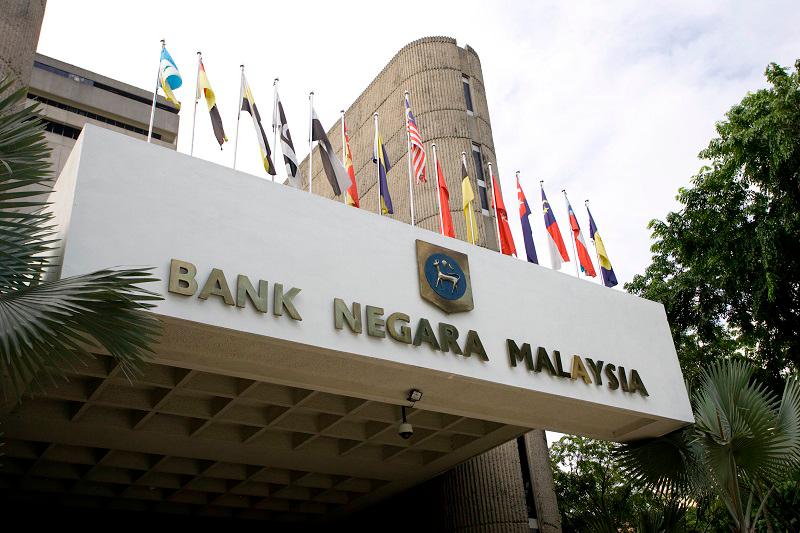PETALING JAYA: Against the backdrop of a changing and uncertain operating environment, there is a need for innovation in the financial industry, according to Bank Negara Malaysia’s (BNM) deputy governor, Datuk Abdul Rasheed Ghaffour.
“It’s a time to truly push the boundaries of finance, this is articulated in the strategies to fund the economic transformation of the country using more non-debt instruments, complementing conventional debt products,” he said during a panel discussion at MyFintech Week 2022 yesterday.
Being involved in the development of the Financial Sector Blueprint 2022 to 2026 (FSB) Rasheed revealed the forces of change – demographic change, the fragmented and fragile social protection framework and rapid digitalisation – have helped shape the policy.
He added that this is an area where the financial sector can do more, especially to help businesses which want to grow but require creative financing solutions that do not burden them with more debt.
Furthermore, the deputy governor pointed out that the strategy is consistent with the overarching National Investment Aspirations, a long-term framework which seeks to propel growth for Malaysia through the flow sustainable quality investments in new and complex growth areas.
Rasheed said the blueprint also called for market dynamism, which refers to a financial industry that is able to proactively and effectively lead its own developmental journey and respond to challenges.
“To foster market dynamism, competition and innovation are important preconditions. In this regard, our strategies in digital space aim to enhance existing pathways such as regulatory sandbox for digital innovation to test, scale and also exit.”
Rasheed said the central bank is committed to supporting market entry of digital players that can address the gaps in the financial sector. The focus area in the coming years is the licensing of digital insurers and digital takaful operators to promote greater inclusion, competition and efficiency in the industry itself.
Speaking of the changing operating environment, Standard Chartered Malaysia Bhd chairman Datuk Yvonne Chia opined that, in a post-pandemic world, the historical models on credit may not reflect normal behaviour as the credit models today are premised on equilibrium macroeconomic assumptions.
“As you can see with Covid-19, this is not normal,” she said.
From her observation, which includes disruptors, the kind of data needed are transactional data as the incoming and outgoing payments provide more insight into credit capacity behaviour across retail and micro businesses.
Chia believes the traditional understanding of financial capacity, in which payments must be within 30% of a person’s notional income, is helpful, but it might not be useful anymore.
She believes transactional data such as supply chain linkage data and e-commerce sales data could augment traditional data.
“Banks will have to extend their relationship with other external providers like the new banks, disruptors and startups. This is where we can talk about a form of open banking – opening up data-sharing platforms,” she said.
ShopeePay Malaysia head Alain Yee said he agrees with Chia’s opinion.
He opined that it is an important area of collaboration between the public and private sectors to establish new critical capabilities such as an open data ecosystem, national identity registers and advancing the shared payment infrastructure.
“This will be crucial for the advancement of data-driven decision making, for example, in credit scoring and increasing resilience of the financial system as well.”










